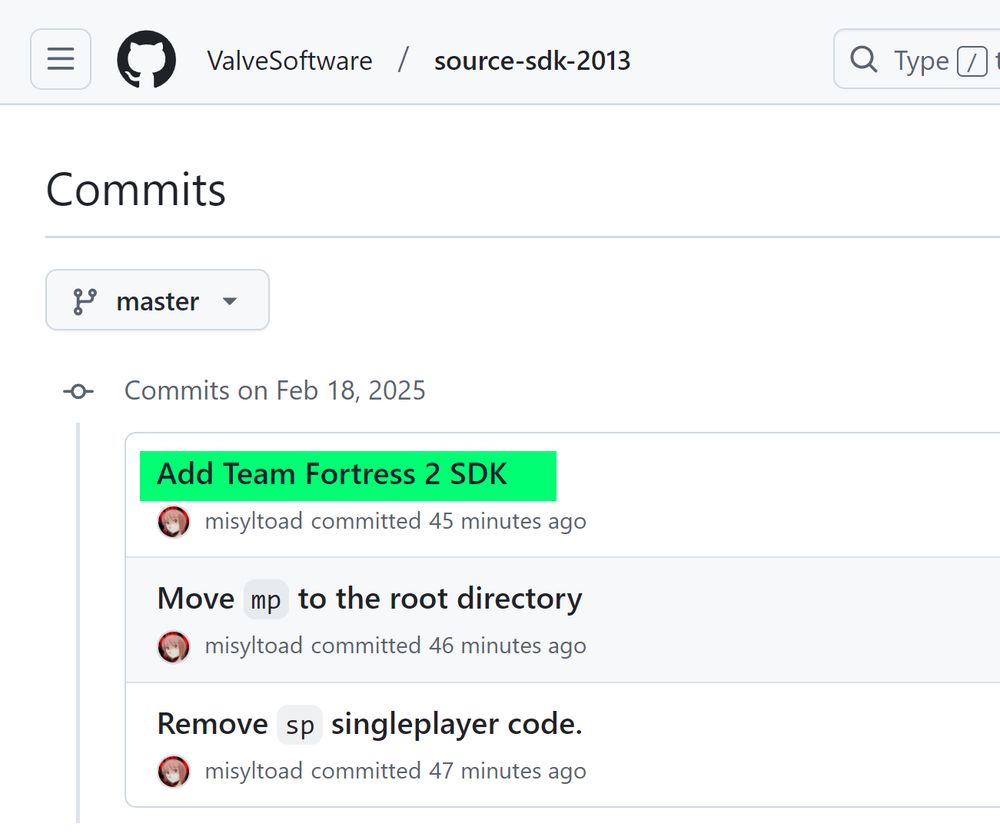Yeah. I really love the UI. I just wish it had more features.
asudox
- 22 Posts
- 532 Comments
Is the dev of Alexandrite even active anymore? The last commit was 5 months ago.
Arch. I tried other distros and always came back to Arch. Other distros are very bloated and honestly I can’t be bothered with removing them manually. I also love the AUR and the wiki.
Another interesting distro was NixOS, but that is a bit of a pain in the ass to learn.
For newbies, Fedora KDE Plasma edition or Mint Cinnamon is my recommendation. Kinoite is Fedora KDE Plasma edition but immutable for the ones that keep breaking the system because they keep following some absurd guide online for whatever.

 0·6 days ago
0·6 days agoWith Shizuku and Canta, you can remove the spying system apps. You can brick your phone though, so do be careful. If you want to play it safe, use the recommended list in Canta. These should be safe to remove.
Try Prism Launcher. Afaik TLauncher is sketchy and not FOSS.
It’s most likely something to do with the config file of the panel. Delete this file:
~/.config/plasma-org.kde.plasma.desktop-appletsrcThen restart.
Sauce: Howl’s Moving Castle

 16·12 days ago
16·12 days agoYouTube has been filled with bots for a while now. Nothing new. I am happy with the small community in the polycentric comments section of videos in Grayjay.

 14·14 days ago
14·14 days agoThat is definitely not just lemm.ee.

 0·15 days ago
0·15 days agoSauce: Yosuga No Sora

 28·16 days ago
28·16 days agoWell, admins can see removed comments and posts. But yes, the modlog is public and the removed content is also shown there.

 31·16 days ago
31·16 days ago“This person wouldn’t believe the sky was blue unless you linked a study proving it. The Huyghur genocide. Not recognizing the independence of Taiwan. The entire way their “democracy” functions. The lasting damage the “one child policy” has done to their demographics (by their own reporting, not the wild exaggerations of the West) You don’t need to pick between the sides you’re being offered today, don’t fall for this false choice fallacy. Freedom isn’t choosing the correct master to serve. If you disagree, I invite you to go to Tiananmen square wearing a Winnie the Pooh T-shirt and see what happens.”

 0·16 days ago
0·16 days agoThis 7 year old post in their forums has nearly 3 thousand upvotes: https://protonmail.uservoice.com/forums/935538-accounts-payments/suggestions/33188971-monero-payment-option

 4·18 days ago
4·18 days agoNo, it’s just some custom LLM coupled with some ML models. Thanks to the people that like talking to LLMs just in the form of a loli VTuber, this became an automatic money making machine.

 5·22 days ago
5·22 days agoWhat did you eat and drink?















Fedora Kinoite. It’s an immutable version of their KDE Plasma desktop edition